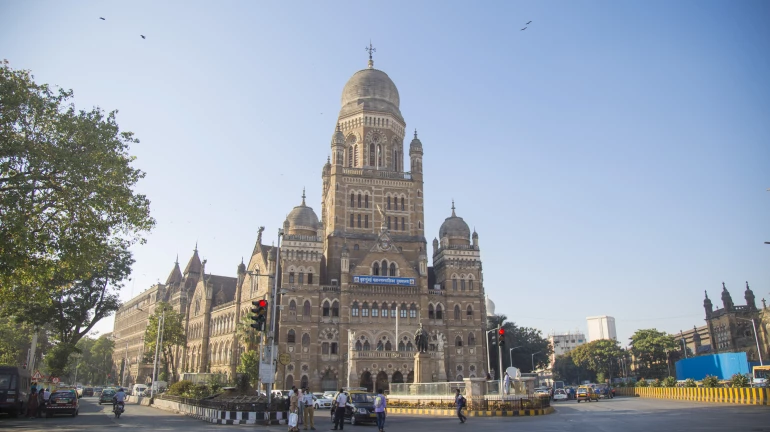
The Brihanmumbai Municipal Corporation (BMC) has the largest funds for maintenance than any other corporation in India. But many issues related to Mumbai have been raised in a recent report released by an NGO named Praja foundation. It which recently published its annual civic report for 2023, showing many concerning statistics.
Here are some of the major issues highlighted in the report:
Public Toilet Availability
The Swachh Bharat Mission (SBM) has made some standards for public toilets. Every year, Swachhata Survekshan evaluates the cleanliness and sanitation of toilets. Mumbai has earned an ODF+ designation with a 90% rating for clean public restrooms. But Mumbai came in 37th place among Maharashtra cities and 189th place nationally.
The Praja Foundation has highlighted many factors regarding Mumbai's toilets. It found a gender gap in public restrooms. Out of every four toilet seats, three are reserved for men and just one for women. In the C Ward, there is one toilet seat for every 1,820 women, compared to one for every 752 men.
On average, one toilet seat is shared by 86 men and 81 women, far exceeding recommended ratios. The report notes that current facilities only serve one-third of the slum population. Additionally, 60% of public restrooms lack electrical connections, and 69% lack water.
In K/E ward, covering Jogeshwari, Vile Parle, and Andheri, 87% of toilet blocks lack both electricity and water. In R/S ward, covering Kandivali, 82% of toilet blocks have no water, and 76% lack power.
Sewage and river pollution
Sewage treatment plants mostly performed similarly to previous years. But plants in Versova, Malad, Bhandup, and Ghatkopar did not meet the Central Pollution Control Board's (CPCB) standards for treated sewage discharge.
Pollution levels in the Mithi River exceed the Central Pollution Control Board's (CPCB) standard by five times. The Biological Oxygen Demand (BOD) level in the Mithi River was 80 mg/l in 2022, far above the optimal 3 mg/l.
Job Openings
The report also highlights vacancies in various departments. The overall vacancy rate is 39% for scheduled positions and 57% for non-scheduled positions. In the labour department, only 37 out of 218 positions were filled. This points to a vacancy rate of 83%, which is higher than any department.
The water supply department and sewerage project have vacancy rates of 64%. Other departments with severe shortages include planning, auditing, municipal printing press, zoo, and Deonar abattoir, all with over 50% of positions unfilled.
Air Quality
According to the report, there has been a 22% decline in overall air quality over the previous five years. Data from the Central Pollution Control Board (CPCB) for 2023 also supported the claim.
According to CPCB, air quality index (AQI) was in the "good" category for 15% of the days, while 26% (96 days) and 19% (71 days) of the days had moderate and satisfactory air quality, respectively. In the last year, there were two days with extremely low AQI.
Air quality was poor in the first few months of 2023. From April to September, air quality was acceptable, but it worsened during the monsoon season. October through December recorded moderate levels.
Interestingly, many air quality monitoring stations, including MPCB's in Chembur and Kherwadi and SAFAR's in Bhandup West and Navy Nagar, did not function for most of the year.
Complaints
The NGO sourced information from the centralised complaint registration system (CCRS) of the BMC. Residents file complaints about public issues like pollution, solid waste management, drainage, and water supply in the CCRS.
Complaints were received via the helpline, website, and paper submissions. Most complaints were about garbage, followed by roads, buildings, drainage, water supply, and licenses. Overall, complaints to the BMC increased to 120,296. This is the second-highest in the last 10 years.
Pollution complaints, mainly about air quality, increased dramatically to 760, up 463% since 2014 and 305% in last five years. The average resolution time was 32 days, much longer than the six days specified in BMC's Citizen Charter. Of the 17,883 complaints escalated to level three, none were resolved. By the end of the year, 15,838 complaints remained unaddressed.
According to the NGO, municipal issues have suffered recently because of the coming civic elections and the lack of elected representatives.





